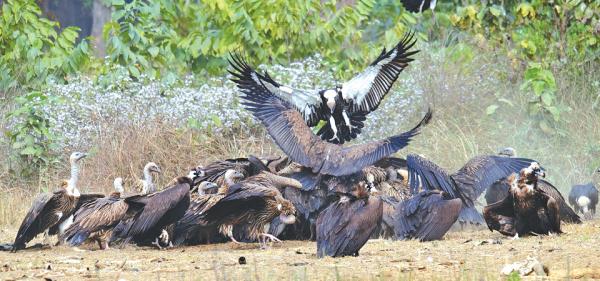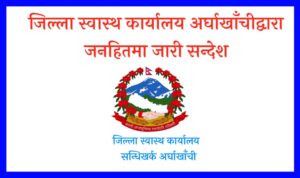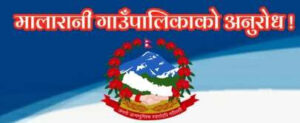12 Mar, 2022
By Saligram Nepal Rising Nepal
Chitwan, Mar. 12: Vultures at Chitwan National Park (CNP) breeding centre have stopped breeding offspring for the past three years.
The breeding centre, which was established in 2006, had a plan to breed a large number of vultures and release them to the forests. But not a single chick has been produced in the last three years.
Saroj Mani Poudel, Assistant Conservation Officer of the Park, said that they failed to achieve success even after providing the appropriate environment, food and treatment, required for breeding.
In the 16 years since its establishment, it has managed to raise 18 chicks. One of the chicks was dead. The remaining 17 chicks have been reared and released in Pithauli of Nawalparasi district.
“We have set up vulture breeding centres with the aim of producing a large number of chicks and releasing them in the forest. However, the park failed to release any of them in the past three years, even though there is an appropriate environment for vulture breeding,” Poudel said. “We have started a study on why vultures are not breeding offspring.”
Dr. Bikalpa Karki of CNP, who has been monitoring the conservation of vultures and crocodiles, said that this was a new experiment of breeding in cages. “We have been discussing with the experts about not being able to breed new chicks for three years,” he said.
An autopsy was done on the eggs that had not hatched, but failed to come up with concrete answer, he informed.
He said that he has also informed the experts living abroad about the situation and has also shown the report.
The vultures released by Pithauli in Nawalparasi were found to be in good health, Dr. Karki said.
DV Chaudhary, head of Jatayu Restaurant in Pithauli, said that the vultures released from Chitwan have started breeding in the restaurant. “We have been leaving vultures in the open forest, there is no cage here,” he said.
Vultures also come here from various districts including Chitwan and Dang. Old and dying cows are kept here to feed the vultures when the animals die, Chaudhary added.





